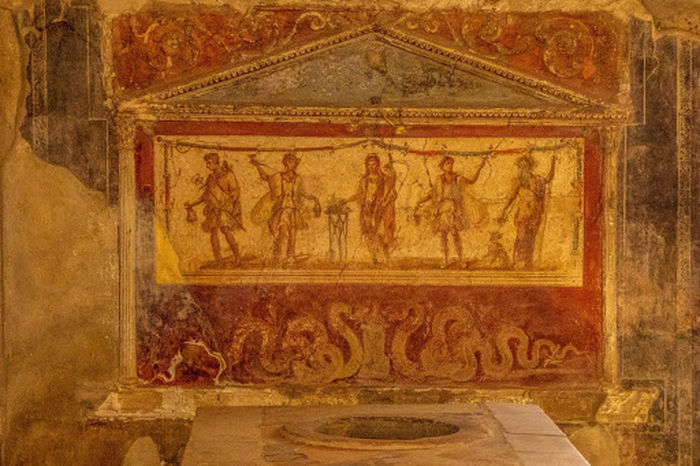Use Taylor Swift to teach Latin, lecturer urges
Translating pop music could make the language more appealing to students today

A Cambridge lecturer has called for schools to adopt new ways of teaching Latin, including translating songs by popular musicians like Taylor Swift.
Steven Hunt, a lecturer at the Faculty of Education, has written a new guide which argues that Latin should be taught more like a modern foreign language. Students should be encouraged to be creative - speaking, singing or performing - rather than simply memorising vocabulary and grammar.
The book uses the example of a university tutor struggling to engage students with Virgil’s poetry. The lecturer found more success by encouraging their pupils to translate well known songs such as Taylor Swift’s “Bad Blood”.
Hunt argues that the way Latin is taught has led to dwindling uptake.
Less than 10,000 students sit GCSE Latin, most of whom go to private schools. Latin is only taught at key stage 3 in 2.7% of state schools compared with 49% of independent schools.
Hunt said: “There is no ‘best way’ to teach it but some teachers are creating a rich set of responses to the challenge. Most draw on principles from modern languages education. Because the human brain is hardwired for sound, it learns by speaking, listening and using language. Some Latin teachers are realising that this is the way to learn any language – dead or alive.”
Last year the Department for Education announced the launch of a £4m scheme to encourage Latin among secondary state school students. The scheme will start initially in 40 schools in England as part of a four-year pilot programme for 11- to 16-year-olds.
“Latin’s role as the gatekeeper to an elite education is over, but involving more students, especially in state schools, remains a problem,” Hunt added.
“The challenge for teachers in the years to come will be whether they are prepared to grasp these opportunities to present the subject differently, and widen the appeal for students, or whether they prefer to stick to familiar routines.”
 News / SU reluctantly registers controversial women’s soc18 December 2025
News / SU reluctantly registers controversial women’s soc18 December 2025 News / CUP announces funding scheme for under-represented academics19 December 2025
News / CUP announces funding scheme for under-represented academics19 December 2025 Features / Should I stay or should I go? Cambridge students and alumni reflect on how their memories stay with them15 December 2025
Features / Should I stay or should I go? Cambridge students and alumni reflect on how their memories stay with them15 December 2025 News / Cambridge welcomes UK rejoining the Erasmus scheme20 December 2025
News / Cambridge welcomes UK rejoining the Erasmus scheme20 December 2025 Science / ‘Women just get it more’: autoimmunity and the gender bias in research19 December 2025
Science / ‘Women just get it more’: autoimmunity and the gender bias in research19 December 2025











